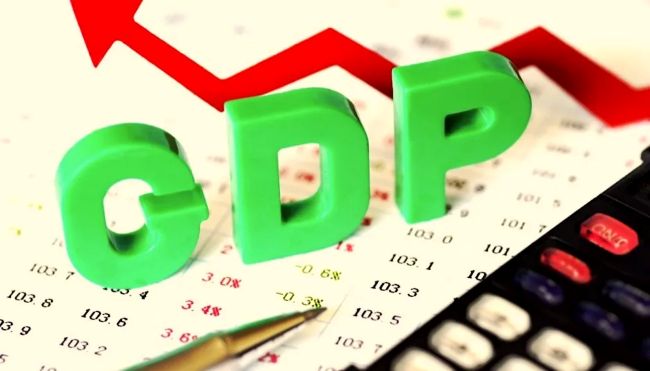
The Federal Government has hailed Nigeria’s updated Gross Domestic Product (GDP) rebasing and Q1 2025 growth figures as a timely affirmation of the economy’s resilience and ongoing structural transformation. The newly rebased GDP, published by the National Bureau of Statistics (NBS), puts Nigeria’s economic architecture on a more contemporary and data-driven footing.
According to the Minister of Finance and Coordinating Minister of the Economy, Mr. Wale Edun, the rebased GDP—Nigeria’s first recalibration since 2014—reflects global best practices and provides a more accurate picture of the country’s real economic strengths and emerging opportunities.
“This rebasing gives us a clearer and more contemporary view of our economy’s size and structure,” Edun stated. “It helps policymakers, investors, and citizens understand where we are—and where the opportunities lie.”
From Oil Dependency to Diversified Dynamism
One of the most striking takeaways from the updated GDP structure is Nigeria’s accelerated shift away from oil dependency toward a more diversified, innovation-led economy. The data highlights how sectors such as:
- Information and Communication Technology (ICT)
- Entertainment and Creative Economy
- Financial and Professional Services
are gaining prominence, while the oil and gas sector continues to play a smaller role in the country’s GDP composition.
This evolution, Edun noted, is more than statistical—it is emblematic of the energy and innovation of Nigeria’s youthful, tech-savvy population and a result of recent reforms designed to widen economic participation and stimulate private-sector-led growth.
Q1 2025 GDP: Growth with Momentum
The NBS estimates Nigeria’s Q1 2025 real GDP growth at 3.13%, a solid improvement over the 2.4% growth recorded in Q1 2024. The uptick signals that the economy is not just recovering—it is gathering pace.
Key drivers of this growth include:
- A rebound in agriculture
- Sustained gains in telecommunications and digital services
- Robust activity in construction
- Expansion in financial services
“We are encouraged by the broad-based nature of this growth,” Edun said. “It reflects both sectoral momentum and the early benefits of macroeconomic stability under the Renewed Hope Agenda.”
Strategic Ambition: 7% GDP Growth by Medium Term
Mr. Edun reaffirmed the Federal Government’s medium-term goal of achieving a 7% annual GDP growth rate, aligned with national development priorities such as:
- Quality job creation
- Higher household incomes
- Improved standards of living
- Stronger infrastructure and digital transformation
“Our goal is not just growth, but growth with impact,” he emphasized. “The rebased data will enable us to track progress, refine strategy, and ensure economic expansion translates into measurable human development outcomes.”
Policy Implications and Investor Signals
With improved data integrity, Nigeria’s economic management toolkit now has greater precision. This rebasing offers investors clearer visibility into where Nigeria’s growth is happening—and where strategic opportunities lie.
The Federal Government’s continued commitment to structural reforms, fiscal discipline, and private sector collaboration further enhances investor confidence, especially in sectors like:
- Agribusiness
- Tech and telecom
- Infrastructure and logistics
- Renewable energy
- Manufacturing and industrial zones
BRANDECONOMY INSIGHT: A Data-Driven Path to Inclusive Prosperity
The significance of this rebasing exercise goes beyond numbers. It represents a pivotal moment in Nigeria’s development economics narrative—a shift toward evidence-based policymaking, forward-looking investment strategy, and inclusive growth models.
By embracing transparency and updating its economic baselines, Nigeria is better positioned to compete globally, mobilize capital, and anchor its long-term development goals in reliable, actionable data.











